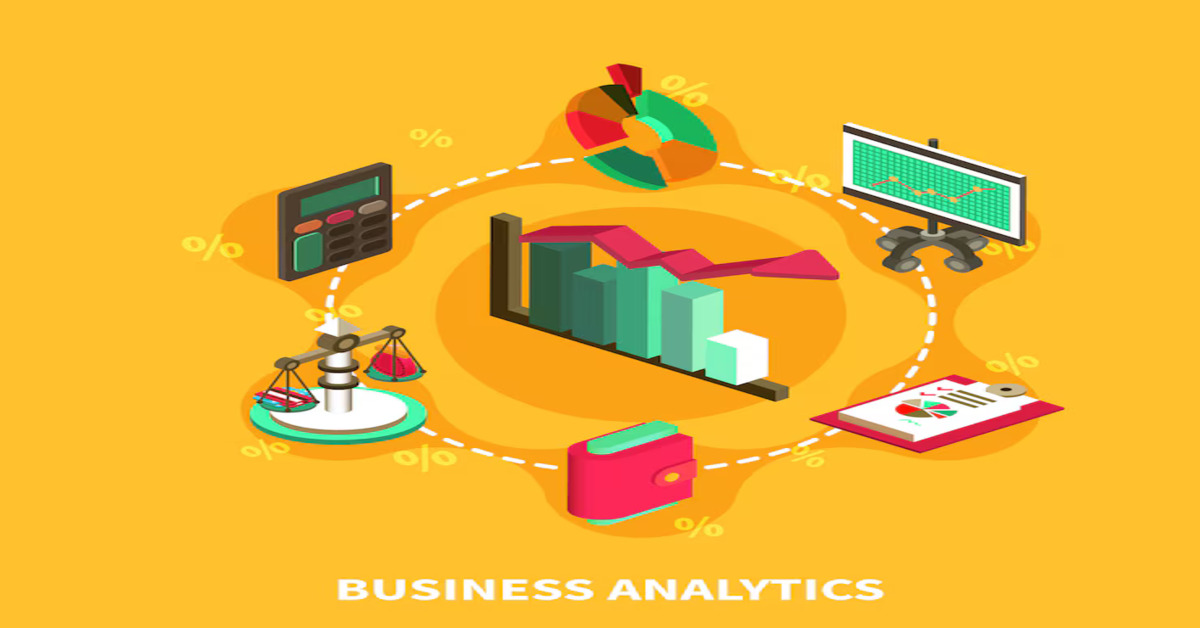Introduction
Defining strategies, identifying trends and helping the business forecast are some of the key roles that a Business Analyst performs. In the recent years, we have seen a massive growth in the application of various analysis tools across the industry domain.
Business Analysts play a crucial role in this. They have the necessary skills and the expertise that help them play along with data and filter the ones that are useful for the business.
However, mere knowledge and skillsets are not helpful in times where we have millions of data flooding in every day. From CRM to ERP, from SCM to SLP, we are creating a large volume of data. Manual analysis of this data can lead to erroneous results. Here comes the role of Business Analysis tools.
These are the weapons that help the Business Analysts scour through the complex data and analyze the trends that can help the business grow. They are loaded with features that make the analysis process faster and accurate. In this blog, we will be unfolding some of the key tools that a Business Analyst uses in their daily work.
Top Business Analysis Tools and Their Key Features
Business Analysis tools have become the need of the hour for businesses. Companies are receiving an overwhelming volume of data and with the help of an effective Business Analysis tool, it becomes easier to analyze it and make informed decisions. While there are several tools for Business Analyst, here we have listed some of the best options.
Power BI
The first tool in the list is the cult favorite, Power BI. This tool was developed by Microsoft. It is actively used by Business Analysts. With this tool, it becomes easier to create intuitive dashboards. Power BI offers several other features which makes it popular amongst the Business Analyst community.
Tableau
Data visualization is crucial for effective representation of the insights. This makes it easier for both tech and non-tech professionals to understand the results and outcomes. It also helps in creating interactive dashboards. Its capability of in-depth statistical analysis and predictive modelling makes Tableau a powerful Business Analysis tool.
QlikView
QlikView is a robust business intelligence tool. Its scalable and efficient performance makes it highly useful for the analyst. It performs analysis through its associative model.
One of the unique features of this platform is that it uses color coding to highlight data relationships, which makes understanding of insights easier. Another unique proposition of QlikView is that it also reduces the size of data which makes data storage easy.
Sisense
Sisense is a comprehensive analytics platform that simplifies complex data analysis and visualization tasks. It gathers data from different resources and helps in effective visualization. Moreover, this platform also has the capabilities to transform unstructured data into actionable insights making them useful for the Business Analysts.
CRM
CRM or Customer Relationship Management software have gained popularity in recent times. Enhancing customer experience plays a crucial role for any business.
With the help of CRM software, companies can analyze customer behavior and identify their preferences, which eventually helps them offer a more valuable solution to them.
Project Management Tools
Project management tools are extremely beneficial for the Business Analyst. It helps them track the progress of the project, status of work, and also keeps every member of the team on the same page. This aligns the work and eventually boosts productivity. Some of the popular names that fall in this list include JIRA, Microsoft Project, Asana, Trello and others.
How to Choose the Right Tool for Your Needs
With so many tools available in the market, finding the best one can be challenging. The right tools can help in enhancing business productivity, while a complex tool that doesn’t match with the business can negatively impact the project goals. Hence, we have highlighted a few parameters that every organization must count in to find the best tools for Business Analysts.
Define Your Requirements
One of the first parameters to consider is to identify the business goals and objectives that you want to achieve. You should also assess the team skill set before investing in the Business Analysis tools. The right kind of tool should suffice the business requirements and meet the goals.
User-Friendliness
The tools that Business Analysts would be using should be seamless and user-friendly. Look for the ones that offer an intuitive interface and are easy to navigate by both tech and non-tech users. A user-friendly tool reduces the learning curve and reduces the adoption time.
Integration Capabilities
The tool should be easy to integrate with the existing platforms. It reduces data silos and promotes smoother flow of work.
Support for Multiple Data Sources
Always choose the tools that can easily handle different types of data. The flexibility of the tool not only makes it highly useful, but at the same time it also helps in providing a comprehensive analysis.
Advanced Analytical Features
A Business Analysis tool that is loaded with features and has advanced analytical potential is always useful and provides a deeper and accurate insight.
Scalability
Invest in a tool that is scalable and also manages a large dataset. This capability of the tool helps in complex analysis.
Check for The Upgrades
Another key point to take into consideration is the upgrades available in the tool. Since the technology is rapidly evolving, you must assess the upgrades available and the cost associated with it.
Conclusion
Business Analysis has become an integral part of business operations. Companies are readily investing in advanced business analytics tools that can help them derive accurate insights on strategies. By the end of 2024, the projected revenue for the Business Intelligence Software market in India is US$385.20 million and this number is expected to grow in the times to come.
Studies have shown that companies that deploy Business Analysis tools have witnessed increased efficiency and growth. Also, the surge of AI and its integration with Business Analysis can help the business grow multiple folds.



